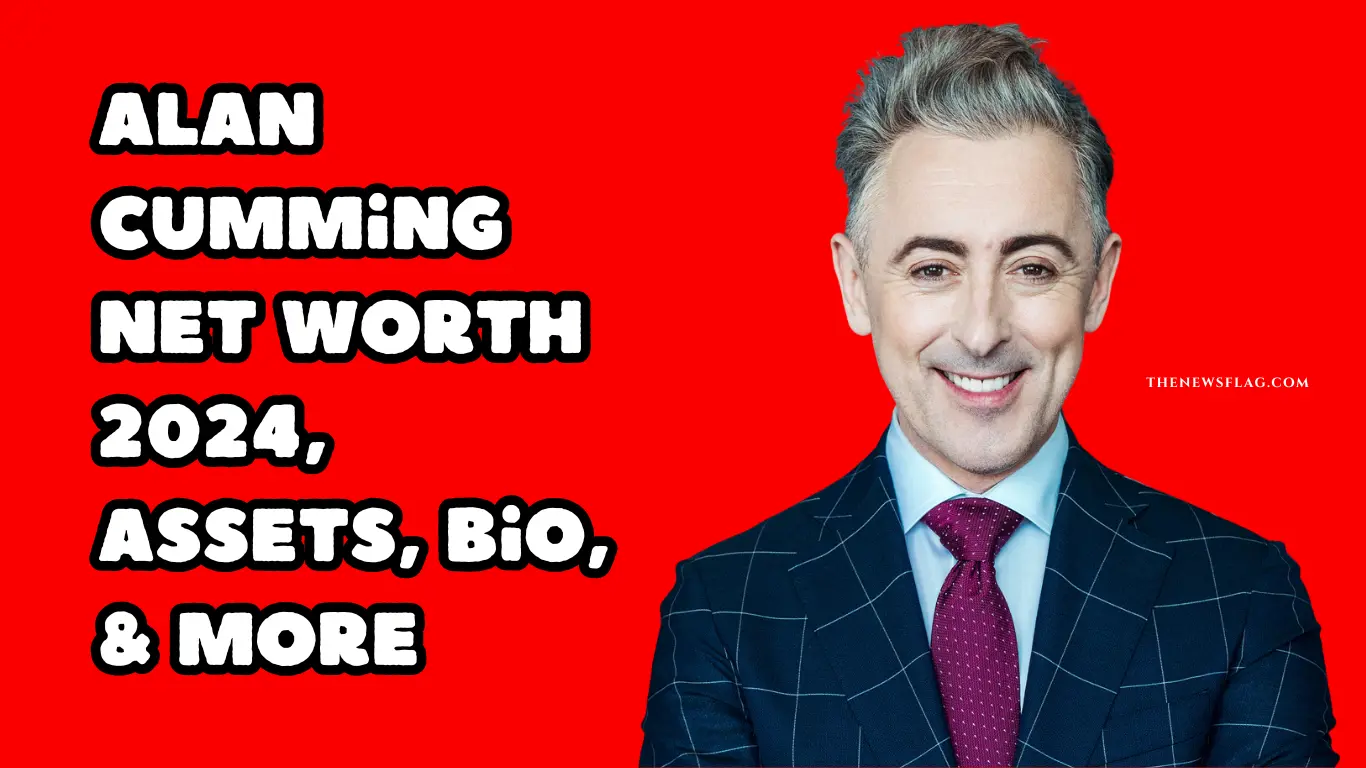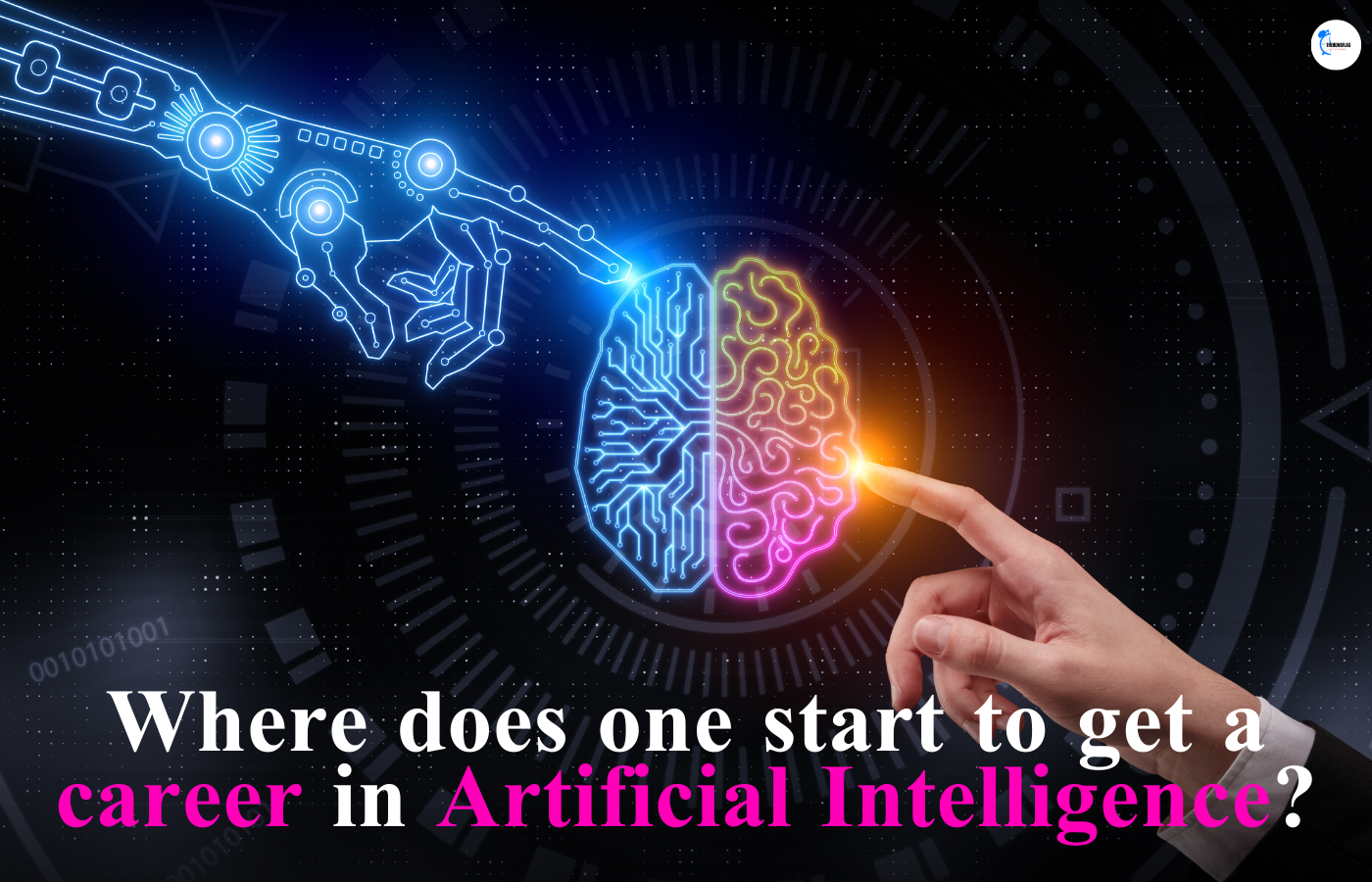Career in Artificial Intelligence: Right now pursuing a career in AI almost always means doing ML (and, particularly, deep learning) research. There are several ways to do it, all of them are hard and fun in their own unique way. Just because the interest for deep learning has evolved only in the last decade, very few universities offer up-to-date courses on that, such as Standford’s CS231n.
See Also | How hubspot social media marketing is helpful for new statups? Full Guide-2024
View this post on Instagram
What types of jobs are there in artificial intelligence?
There are a lot of different options for careers in artificial intelligence, and it’s always good to have a range of options. Here are some ideas:
Machine learning scientist: you basically sit in front of the computer and think long and hard about statistics and linear algebra, trying different learning models and testing them.
Robotics engineer: figuring out how to apply the latest materials and electronic components to make things move and sense the environment.
AI programmer in video games: that’s not really AI, but it’s called that because it’s about making virtual characters in a game behave as if they were smart. Most of it is smoke and mirrors, but the problems are fun and challenging nevertheless.
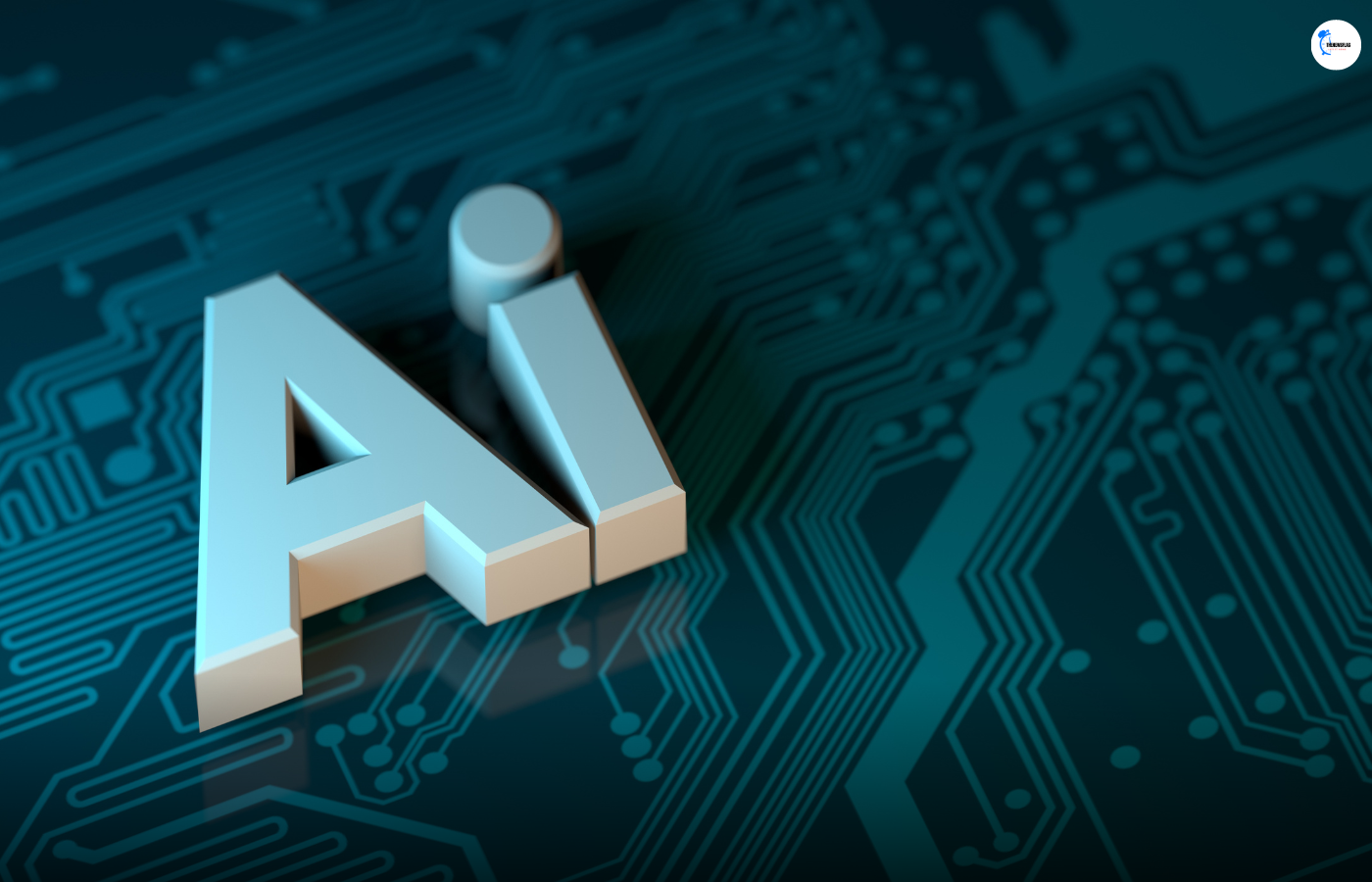
Will AI kill jobs?
Career in Artificial Intelligence: The common answer here seems to be: yes it will kill jobs, but only the jobs low on the food chain, and it will create more jobs to at least offset the jobs it does kill.
I disagree. I think AI will kill jobs, and over time, AI might kill most “jobs” as we know them. I think that people are somewhat complacent in regard to the economic impact of AI, and will likely be ill-prepared for the changes we have to adapt to in the not-so-distant future.
First, let’s start with the comparisons to machinery and automation. They did indeed put factory workers out of work. In that respect, I agree AI today is similar in many applications, replacing workers who have less specialized skills, perhaps call center operators, office assistants (in a limited extent), and maybe soon, taxi drivers and truck drivers.
But I would argue that AI is fundamentally different from machinery or most of the other analogies commonly made when answering this question, because AI is growing and is unlikely to stop growing. It’s growing in breadth (of applications and industries), in geographic and economic scope, and in power (it’s capacity to address increasingly complex tasks).
A more fitting analogy would be machinery in an automobile plant that not only made the parts one day, but then learned how to assemble them the week after, and then how to design cars a year later.
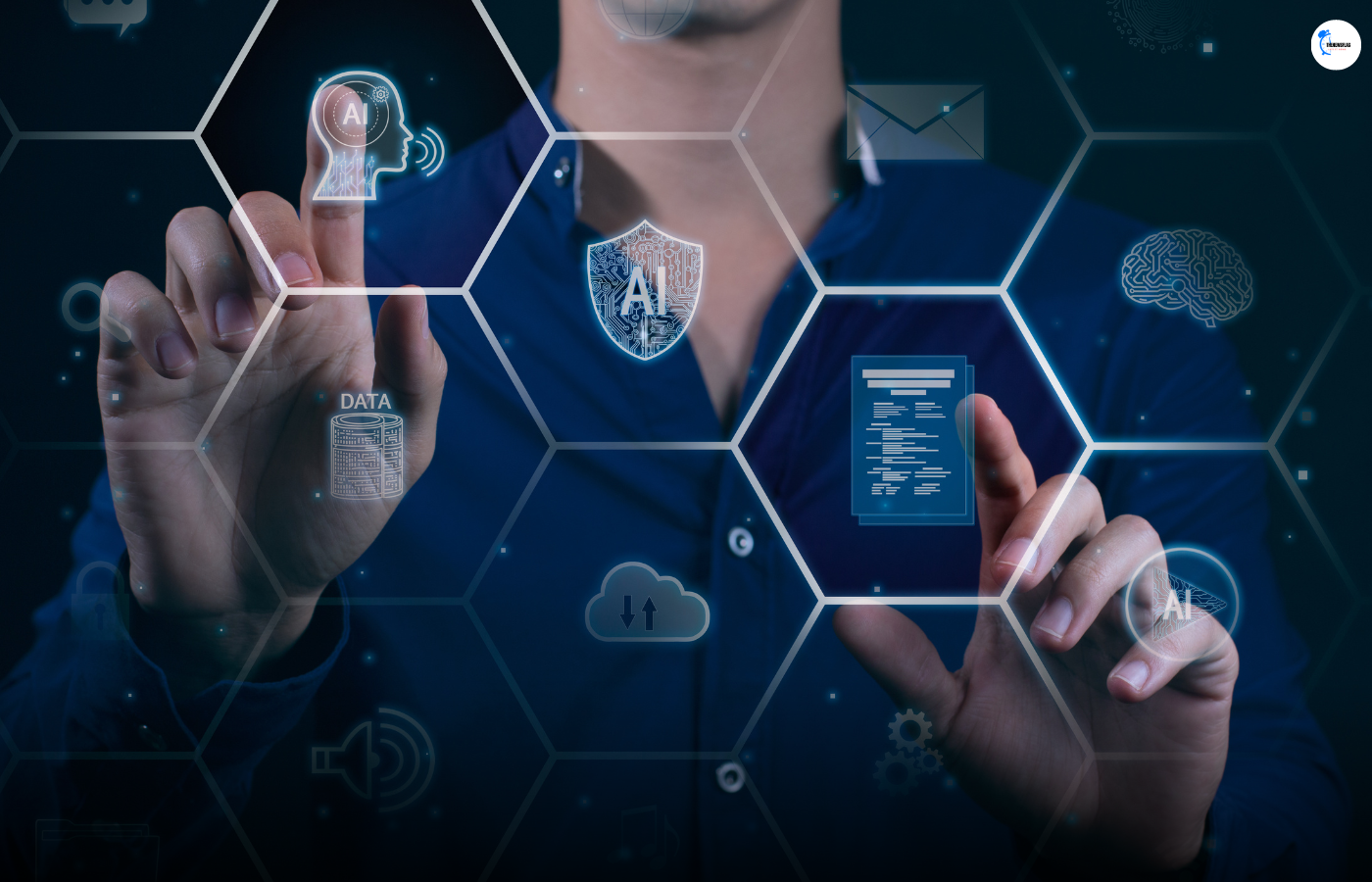
Where does one start to get a career in Artificial Intelligence?
Right now pursuing a career in AI almost always means doing ML (and, particularly, deep learning) research. There are several ways to do it, all of them are hard and fun in their own unique way.
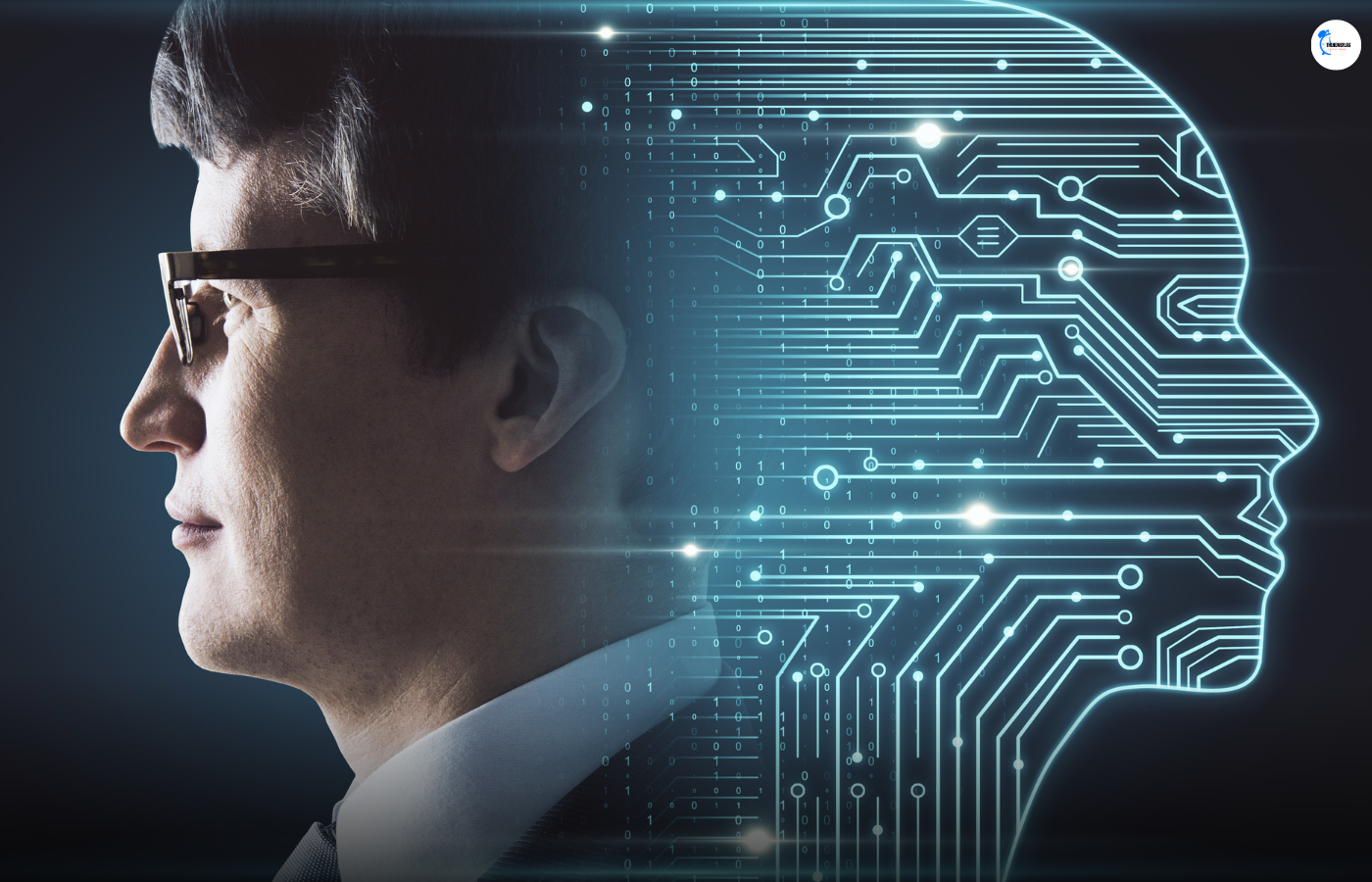
Career in Artificial Intelligence: Just because the interest for deep learning has evolved only in the last decade, very few universities offer up-to-date courses on that, such as Standford’s CS231n. At the same time you will be always required not only to have good general CS background, but be familiar with the algorithms and techniques applied to neural networks. Getting that kind of education is not a prerequisite, but if you have a chance to take similar courses, there are good chances that they are taught by active researchers or developers, so that kind of collaboration can be very helpful.
Academia
The first path is academia. Among pros and cons:
Pros:
- Deep learning of deep learning (ha!). Really, if you are doing PhD, you will learn ins and outs about at least one kind of technology. If you work hard and are lucky to have strong collaborators and advisor, you may publish a paper on a conference like NIPS which will give you pretty much any position you want if you don’t have any red flags.
- A very strong math foundation. You will understand many things faster and deeper than many of your colleagues.
Cons:
- The requirements for your education can vary from “very high” to “holy shit what do these symbols mean”, depending on the field of study and the specter of problems the lab works on. I was asked about integral operators’ kernels right away at the start of my interview.
- You career can be really slow. PhD is a long-term commitment and while others build things, you try to invent an algorithm to rule them all. Maybe you will.
AI Startup
If that’s not your preferable way, you may think about AI startup. Everything I say about this topic should be taken with a grain of salt – I know a bit about ANNs, but I have yet to get familiar with startup scene.
Pros:
- You can just start hacking and build whatever you want to build.
- No one tells you what to do…for some time.
Cons:
- You can fail. There are very, very good chances that you will. It’s the same as with all other startups, except AI is freaking hard and people rarely invest in it, unless you have a great plan, great product, great team and you are as smart as Demis Hassabis.
- Building AI products is freaking hard.
- It’s freaking hard.
- Deep Learning is not a magic wand.
- Did I mention that building AI products is freaking hard?
See Also | How to Join Global Esports? Full Guide-2024
View this post on Instagram
Which are the jobs that will not be affected by artificial intelligence?
It’s difficult to predict which jobs will not be affected by artificial intelligence (AI), as AI has the potential to impact almost every industry and job function. However, there are certain job roles that are less likely to be fully automated or replaced by AI in the near future, as they require skills and abilities that are difficult to replicate with current technology. Some examples include:
- Healthcare professionals: Jobs in the healthcare industry, such as doctors, nurses, and other medical professionals, require a high degree of human interaction, empathy, and critical thinking. While AI can help with some tasks, such as analyzing medical images or managing patient records, it is unlikely to replace human healthcare professionals in the near future.
- Creative professionals: Jobs in creative fields, such as artists, writers, and designers, require a high degree of creativity, imagination, and intuition. While AI can assist with some tasks, such as generating music or creating basic designs, it is unlikely to fully replace human creativity and innovation.
- Teachers and educators: Jobs in education require a high degree of interpersonal communication, empathy, and adaptability. While AI can help with some tasks, such as grading assignments or providing basic feedback, it is unlikely to replace human teachers and educators in the near future.
- Social workers: Jobs in social work require a high degree of emotional intelligence, empathy, and communication skills. While AI can assist with some tasks, such as collecting data or automating administrative tasks, it is unlikely to replace human social workers in the near future.
- Skilled tradespeople: Jobs in skilled trades, such as plumbers, electricians, and construction workers, require a high degree of physical dexterity, problem-solving skills, and manual labor. While AI can assist with some tasks, such as analyzing building data or providing maintenance alerts, it is unlikely to replace human skilled tradespeople in the near future.
Career in Artificial Intelligence: In summary, while no job is entirely immune to the impact of AI, jobs that require high degrees of human interaction, creativity, and problem-solving are less likely to be fully automated or replaced by AI in the near future.


